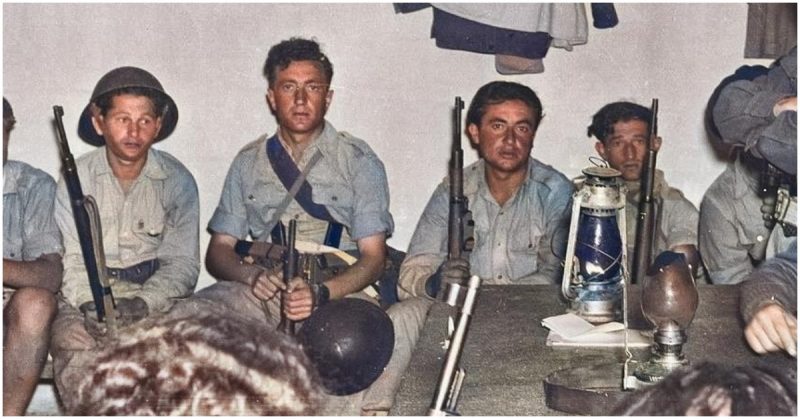Many Jews who survived the Holocaust went to the “Holy Land” (Israel and Palestine) to start a new life after the war.
However, there were those who were eager for revenge because they believed that the courts in Nuremberg did not lead to justice. They were ready to act independently and by radical methods to punish the guilty.
On June 24, 1941, the Lithuanian town of Vilnius was captured by the advancing German army, after which a ghetto for the Jews was created. Local youth organizations began to engage in saving the Jews and working against the spread of propaganda.
By January 21, 1942, the Fareynikte Partizaner Organizatsye (FPO) or United Partisan Organization was created. This was the first Jewish resistance organization to be established in the ghettos of Nazi-occupied Europe.
The organization was headed by the writer Abba Kovner, Josef Glazman, and Yitzhak Wittenberg.
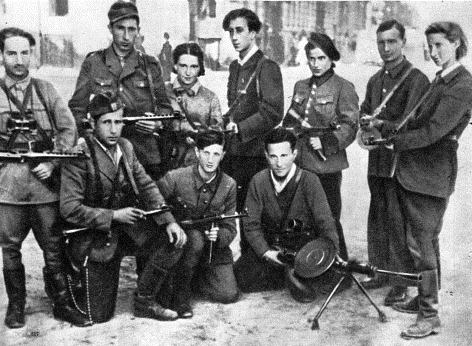
At that time, not all members of the community believed that the Nazis were planning to get rid of the Jews en masse. Furthermore, there were disagreements among existing organizations about the goals and methods of resistance.
The objectives of the FPO were to sabotage German military activities and industry, to establish self-defense in the ghetto, and to join the partisans in the fight against the Nazis.
However, a call for action did not convince many to join the FPO, and eventually the organization was forced to flee into the forest to fight the Nazis.
Later, they joined the Red Army, and in July 1944, members of the FPO took part in the liberation of Vilna by the Soviet army.
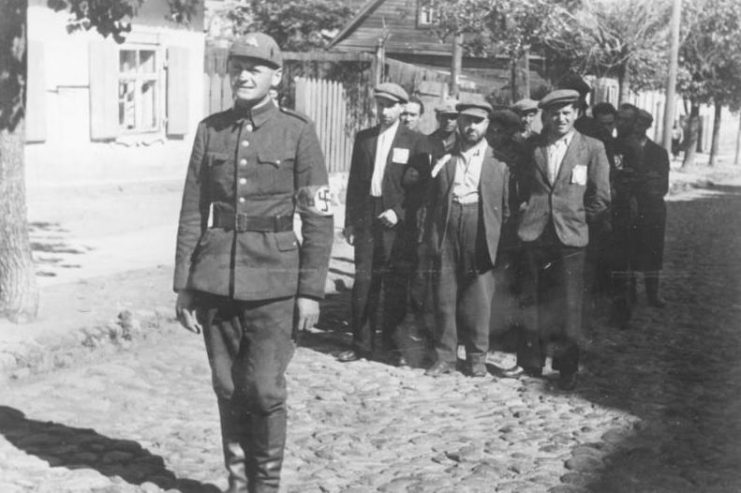
At the end of the war, Abba Kovner was one of the founders of the secret group Nakam (“Revenge”), known as “Dam Yehudi Nakam – Jewish Blood Will Be Avenged.”
The organization’s goal was revenge for the Holocaust that ended the lives of six million Jews. Kovner, like his associates, was unhappy that the overwhelming majority of criminals escaped justice. He managed to recruit about 50 people, but they were mostly former Jewish partisans.
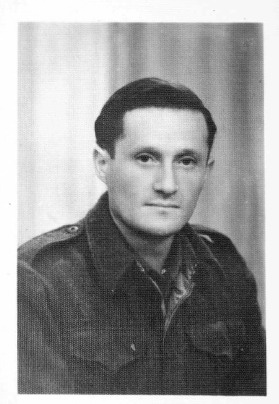
The group initially hunted down the Nazis in West Germany, Spain, Canada, and Latin America. The main target was former soldiers of the Wehrmacht. Some perished in mysterious car accidents, others were found hanging or lying in roadside ditches.
There is no exact data on the number of fatalities, but it is believed that the group managed to get rid of several dozen former Nazis. But this result did not satisfy their need for revenge.
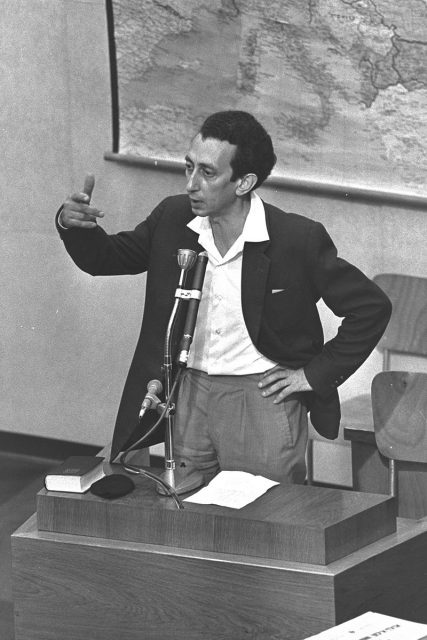
At the end of 1945, they developed two plans that worked on the principle of proportional revenge — namely, an eye for an eye.
Plan A involved poisoning the municipal water supplies in Nuremberg, Munich, Hamburg, and Frankfurt to kill six million Germans — that is, as many people as perished during the Holocaust.
Some ex-members later claimed that the future first president of Israel, Chaim Weizmann, put them in touch with the chemist Ephraim Katzir who created the desired poison.
In 1973, Katzir would become the fourth president of Israel. However, his participation in plans for revenge is not confirmed by official sources.
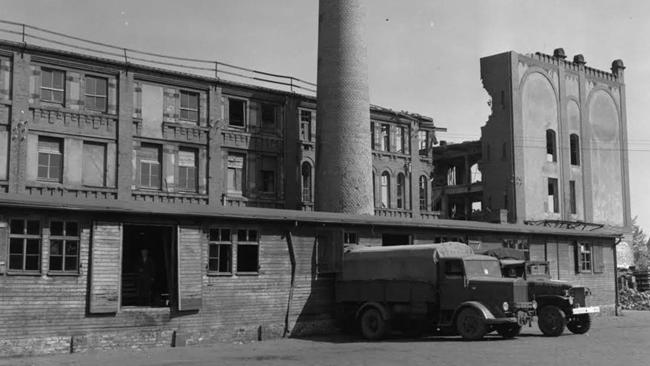
Plan A was not implemented as the British military police detained Kovner during a return to Europe. He was arrested then subsequently released after two months in jails in Egypt and Palestine. Kovner’s involvement in Nakam came to an end at that time.
Since there was not enough poison for the implementation of Plan A, the remaining members proceeded to Plan B. The second plan was to infiltrate the prisons of Dachau and Nuremberg to poison the German prisoners by pouring arsenic into their bread.
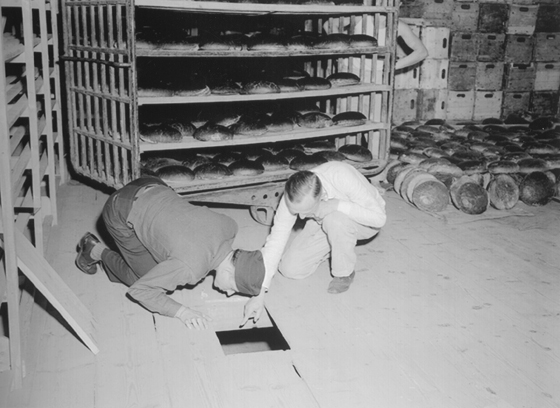
On April 23, 1946, the newspaper The New York Times reported that 2,283 German prisoners of war had been poisoned, with 207 of them becoming seriously ill and hospitalized. One member of Nakam claimed that 300-400 people perished, although the exact number of victims remains unknown.
Throughout the 1950s, the activities of the Jewish avengers gradually ceased. Most of the members returned to Israel but refused to talk about their experiences for several decades.
Eventually, Kovner became one of Israel’s greatest poets and won the Israel Prize for Literature in 1970.
It is worth mentioning another person who was not involved in Nakam but nevertheless counted as an avenger.
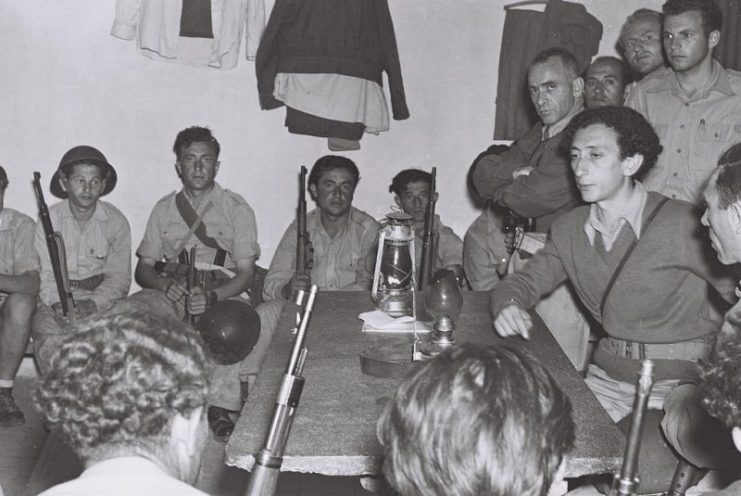
Salomon Morel is a Jew whom the journalist Anne Applebaum described as “a Holocaust victim, a communist criminal, a man who lost his entire family to the Nazis, a man consumed by a sadistic fury against Germans and Poles.”
He is known as the commander of several concentration camps which were ruled by the Polish communist authorities and the NKVD until 1956. In March 1945, Morel became the commander of the Zgoda camp in Świętochłowice. The camp contained ethnic Germans and Poles, including women and children.
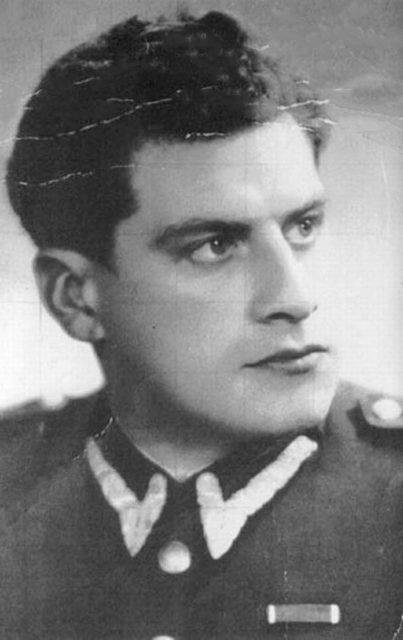
Jonathan Sack, the author of the book AN EYE FOR AN EYE – The Story of Jews Who Sought Revenge For the Holocaust wrote:
“On the first night at Swietochlowice, when the first contingent of Germans arrived, at about ten o’clock at night he walked into one of the barracks and he said to the Germans, ‘My name is Morel. I am a Jew. My mother and father, my family, I think they’re all dead, and I swore that if I got out alive, I was going to get back at you Nazis. And now you’re going to pay for what you did.'”
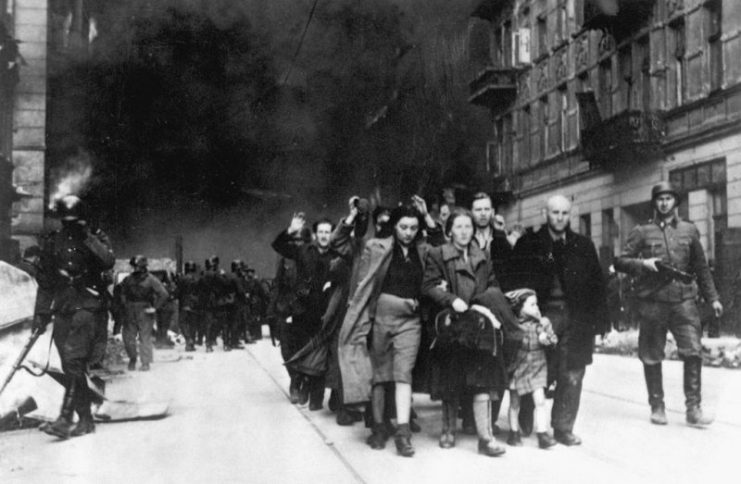
On average, according to some estimates, about 2,000 prisoners perished because of torture and abuse. The torture method that Solomon Morel preferred was to submerge the prisoners up to their necks in an ice-cold water reservoir until they died.
In November 1945, the camp was closed.
https://youtu.be/4AQLYZZEA2c
Shortly after the collapse of the Soviet Union, the General Commission for the Investigation of Crimes Against the Polish Nation (which ultimately became Poland’s Institute of National Remembrance) conducted an investigation into the Zgoda camp.
Fearing prosecution, Morel fled to Israel in 1992. He was ultimately charged with genocide, war crimes, crimes against humanity, and communist crimes.
Despite official requests from Poland to extradite him, the Israeli authorities refused to do so, saying that the statute of limitations against Morel had run out and that he was in poor health.
The extradition disputes between the countries continued until Morel’s death in 2007.
